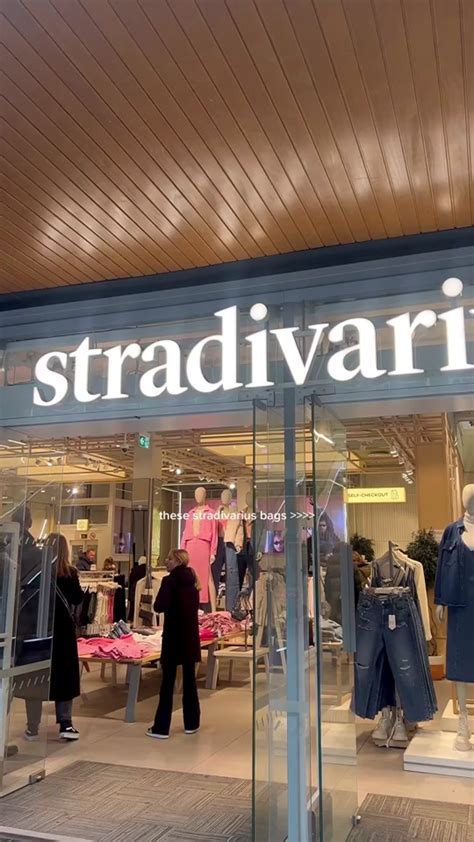boycott stradivarius ,stradivarius israel israel,boycott stradivarius, Boycotter les produits israéliens peut être considéré comme un acte de solidarité avec les frères et sœurs de Palestine.
$172.00

In the complex landscape of global commerce and ethical consumerism, the call for boycotts often arises as a form of protest against policies or actions perceived as unjust. One such target of boycott movements is Stradivarius, a fashion retailer under the Inditex group, which is based in Spain and operates stores worldwide, including in Israel. This article explores the rationale behind the "Boycott Stradivarius" movement, its implications for the Israeli-Palestinian conflict, and the broader context of ethical consumerism and social activism.
Understanding the Context of the Boycott
The Israeli-Palestinian conflict is one of the most enduring and contentious issues in modern history, marked by deep-rooted grievances, territorial disputes, and significant loss of life on both sides. Over the years, various movements have emerged advocating for the rights of Palestinians, seeking to draw attention to their plight and push for a resolution to the conflict. Among these movements is the Boycott, Divestment, Sanctions (BDS) movement, which aims to promote Palestinian rights through non-violent means by leveraging economic pressure on companies and institutions that operate in or support Israel.
Stradivarius, as a brand with a presence in Israel, finds itself on the boycott list of various groups advocating for Palestinian rights. The rationale is straightforward: by boycotting companies that operate in Israel, activists aim to signal to these businesses that their association with Israel's policies—especially those perceived as oppressive towards Palestinians—will not be tolerated.
The Call to Boycott Stradivarius
The call to boycott Stradivarius is part of a broader campaign against companies that are seen as complicit in the ongoing suffering of Palestinians. Advocates argue that by continuing to operate in Israel, Stradivarius indirectly supports the Israeli government's policies, which many view as harmful to Palestinian communities. The boycott is not merely an economic tool; it is also a means of raising awareness about the conditions in which many Palestinians live.
Ethical Consumerism and Its Implications
The concept of ethical consumerism emphasizes the responsibility of consumers to consider the social and environmental impacts of their purchases. In recent years, consumers have increasingly sought to align their purchasing power with their values, leading to a rise in boycott movements aimed at companies that are perceived as unethical. The "Boycott Stradivarius" initiative exemplifies this trend, as it seeks to mobilize consumers against a brand that is seen as part of an unjust system.
By participating in such boycotts, consumers hope to leverage their collective purchasing power to effect change. The underlying belief is that economic pressure can lead to political change, and that refusing to support businesses operating in Israel may contribute to a broader dialogue about the need for justice and resolution in the Israeli-Palestinian conflict.
The Impact of Boycotts on Businesses
Boycotts can have significant repercussions for companies, particularly when they gain traction and attract media attention. For Stradivarius, being included in a boycott list could lead to decreased sales and a tarnished brand image. This potential impact is a crucial motivator for companies to reconsider their operations in contentious regions.
In the case of Stradivarius, the response to the boycott may include public relations efforts to address consumer concerns, reassessing business strategies in specific markets, or even withdrawing from certain locations. The hope among activists is that sustained economic pressure will lead to meaningful changes in corporate policies regarding human rights and ethical practices.
The Role of Social Media in Modern Boycotts
The rise of social media has transformed the landscape of activism and boycotts. Platforms like Twitter, Instagram, and Facebook allow for rapid dissemination of information and mobilization of support. The "Boycott Stradivarius" movement has utilized these platforms to spread awareness, share personal stories, and encourage consumers to act in solidarity with Palestinians.
Social media campaigns can amplify the message of boycotts, reaching audiences that traditional media might overlook. Hashtags related to the boycott can trend, drawing attention to the cause and encouraging more individuals to join the movement. However, social media can also lead to polarization, with opponents of the boycott launching counter-campaigns defending the brand.
Stradivarius and Its Position in the Market
As a part of the Inditex group, Stradivarius operates within a competitive fashion market. The company is known for its trendy apparel aimed at young consumers, which can make it particularly vulnerable to shifts in public sentiment. Fashion brands often face scrutiny over their supply chains, labor practices, and corporate social responsibility initiatives. This scrutiny is heightened in the context of geopolitical issues.
Stradivarius' operations in Israel place it in a complex position, as it must navigate the expectations of consumers who are increasingly concerned about ethical practices. The brand's response to the boycott may include efforts to enhance transparency regarding its business practices and commitment to social responsibility, particularly in relation to its operations in Israel and Palestinian territories.

boycott stradivarius $230.00
boycott stradivarius - stradivarius israel israel